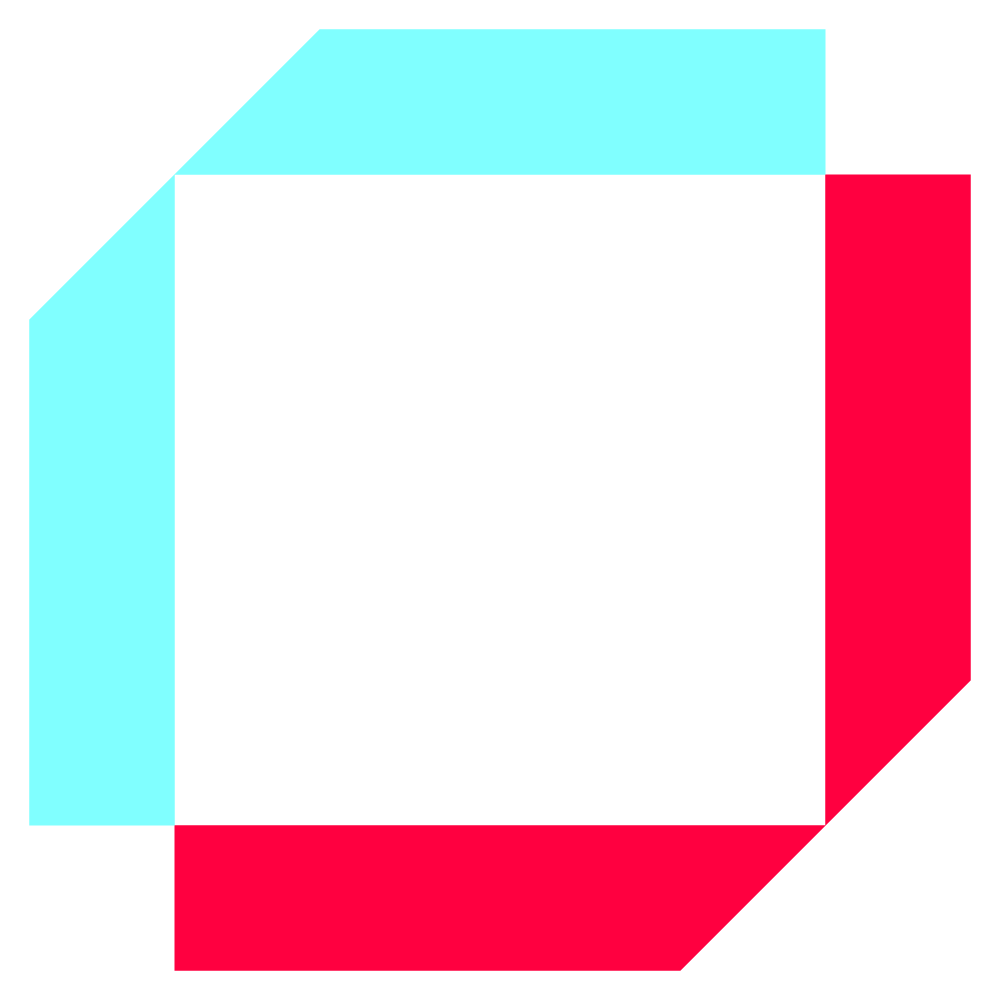

With an ever-growing Supply Chain Network and disruptions in the government's supply chain regulations, it is difficult for the industry to adapt. Thus, faster and more accurate communication systems are necessary to survive and thrive in this dynamic ecosystem. The government and logistics service providers are now emphasizing transformation through various digitalization initiatives to adapt to the evolving supply chain environment. The government requires shippers and carriers to comply with digitalized declaration filing for both imports and exports. Some air carriers are now charging for traditional paper waybills (see Exhibit 1).

Digital Transformation in Supply Chain Management is key for businesses to adapt to the new disruptive environment. Digitalization is not possible when organizations stand fragmented without connections to other parties. The integration across all supply chain players is a complex and highly resource-intensive process. The integration of Descartes GLN with SAP TM can help move the industry a step closer to the kind of digitalization expected across the ecosystem.
Supply chain processes are manual, paper-intensive, and physical documentation is mandatorily required by different players across the supply chain network. The use of phone calls, faxes, and emails for freight bookings is a common practice. Also, the staff manually enters data from the physical bill of lading into the systems. The flow of information in the freight booking process doesn't occur in real-time, and documents are subject to human error. The freight tracking process is largely manual, done via phone calls or online. Either scanned copies of documents are sent to the destination, or they wait for a physical B/L to arrive. There is little or no automation of processes making the traditional approach quite time-consuming.
The digitalization of transportation processes is necessary, and it can be attained through the seamless flow of information between different stakeholders in real-time. Digital Freight bookings are made instantaneously and are immediately accessible. Carriers receive shipment data electronically, and the shipper can amend the shipment data without the need for any physical interaction with the carrier. Better quality freight order information is available in real-time, and Event Management can automate freight tracking.
Descartes GLN is one of the leading logistics software in the world. Descartes GLN has already connected to a network of 220,000 parties in over 160 countries. Integration between Descartes and SAP TM will enable smooth communication with carriers and government regulatory bodies without setting up individual communication channels. Additionally, Descartes has completed system integrations with logistics and government entities involved in the supply chain network. Each party uses different systems, and various government bodies have different requirements for data. However, integration with Descartes GLN can enable communication without the need for individual data alignments. Therefore, integration with Descartes GLN is a significant step toward the digital transformation of supply chain management.
Air Carriers increasingly recommend and prefer Electronic Air waybills (eAWB) over paper air waybills to enable the digitization of processes. The onset of the pandemic furthermore stressed the need for contactless and paperless documentation processes. The usage of e-AWB has increased to over 70% since the onset of the pandemic worldwide, compared to 60% usage before. The trend is expected to grow further ahead. (see Exhibit 2). Especially when air carriers have started levying charges for paper AWB usage, the integration of Descartes with SAP TM can reduce significant costs. ArchLynk facilitated the integration of Descartes with SAP TM to enable instant transfer of eAWB to air cargo carriers. Freight bookings made through SAP TM can translate to better information quality, real-time information exchange, accurate freight status, lesser human intervention, and reduced error.

International Trade in the U.S. is over $400 billion in a month. With growing global international trade, manual management of shipments by the Customs Border Protection (CBP) needs to be replaced by digitalized customs declarations. The Automated Export System for Export (AES) and the Importer Security Filing (ISF) for import mandates CBP to file digitalized declarations. Integration with Descartes enables filing digitalized declarations with AES and ISF.

The four challenges faced in the process included:
ArchLynk helped align the data structures between SAP TM and Descartes GLN interfaces (see Exhibit 4). We created a new UI for additional data fields and new interfaces to ensure compliance of customs declarations with CBP requirements.

- The alignment of data structures enabled smooth communication between SAP TM and Descartes GLN using a standard interface without enhancement. This alignment facilitates the transformation of the SAP TM standard interface into eAWB messages.
- Creation of the new UI and the new interface enabled compliance with data requirements from CBP. Additionally, the required data can be managed as both transactional and master data. The use of transactional data aligned with the data structure and fully incorporated all deviated data requirements.
Implementation partners like ArchLynk with extensive TM implementations can help companies identify these business requirements and design solutions effectively. Our consultants are well equipped to advise clients about freight bookings made through SAP TM which can translate to better information quality, real-time information exchange, accurate freight status, lesser human intervention, and reduced errors. Contact Us to learn how we can help your organization with your transportation management needs.